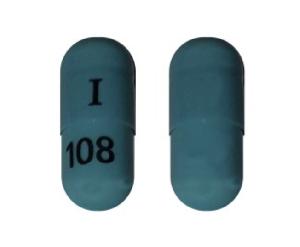Atomoxetine and Alcohol/Food Interactions
There are 2 alcohol/food/lifestyle interactions with atomoxetine.
Caffeine Atomoxetine
Moderate Drug Interaction
Both caffeine and atomoxetine can increase blood pressure and heart rate, and combining them may enhance these effects. Talk to your doctor before using these medications, especially if you have a history of high blood pressure or heart disease. You may need a dose adjustment or more frequent monitoring by your doctor to safely use both medications. Contact your doctor if your condition changes or you experience increased side effects. It is important to tell your doctor about all other medications you use, including vitamins and herbs. Do not stop using any medications without first talking to your doctor.
Switch to professional interaction data
Atomoxetine High Blood Pressure (Hypertension)
Major Potential Hazard, Moderate plausibility
CNS stimulants - hypertension
CNS stimulants increase blood pressure and heart rate; the use of some agents may be contraindicated in patients with severe/uncontrolled hypertension. Caution should be used when administering to patients with preexisting high blood pressure (even mild hypertension) and other cardiovascular conditions. All patients under treatment should be regularly monitored for potential tachycardia and hypertension.
Switch to professional interaction data
Atomoxetine drug interactions
There are 422 drug interactions with atomoxetine.
Atomoxetine disease interactions
There are 9 disease interactions with atomoxetine which include:
- narrow angle glaucoma
- cardiac disease
- glaucoma
- hypertension
- psychiatric disorders
- liver disease
- renal dysfunction
- seizure disorders
- urinary retention
More about atomoxetine
- atomoxetine consumer information
- Check interactions
- Compare alternatives
- Pricing & coupons
- Reviews (658)
- Drug images
- Side effects
- Dosage information
- During pregnancy
- Drug class: adrenergic uptake inhibitors for ADHD
- Breastfeeding
- En español
Related treatment guides
Drug Interaction Classification
| Highly clinically significant. Avoid combinations; the risk of the interaction outweighs the benefit. | |
| Moderately clinically significant. Usually avoid combinations; use it only under special circumstances. | |
| Minimally clinically significant. Minimize risk; assess risk and consider an alternative drug, take steps to circumvent the interaction risk and/or institute a monitoring plan. | |
| No interaction information available. |
See also:
Further information
Always consult your healthcare provider to ensure the information displayed on this page applies to your personal circumstances.


